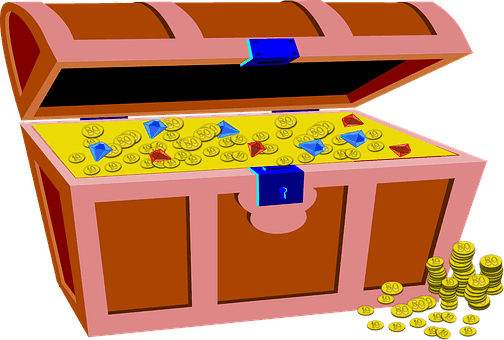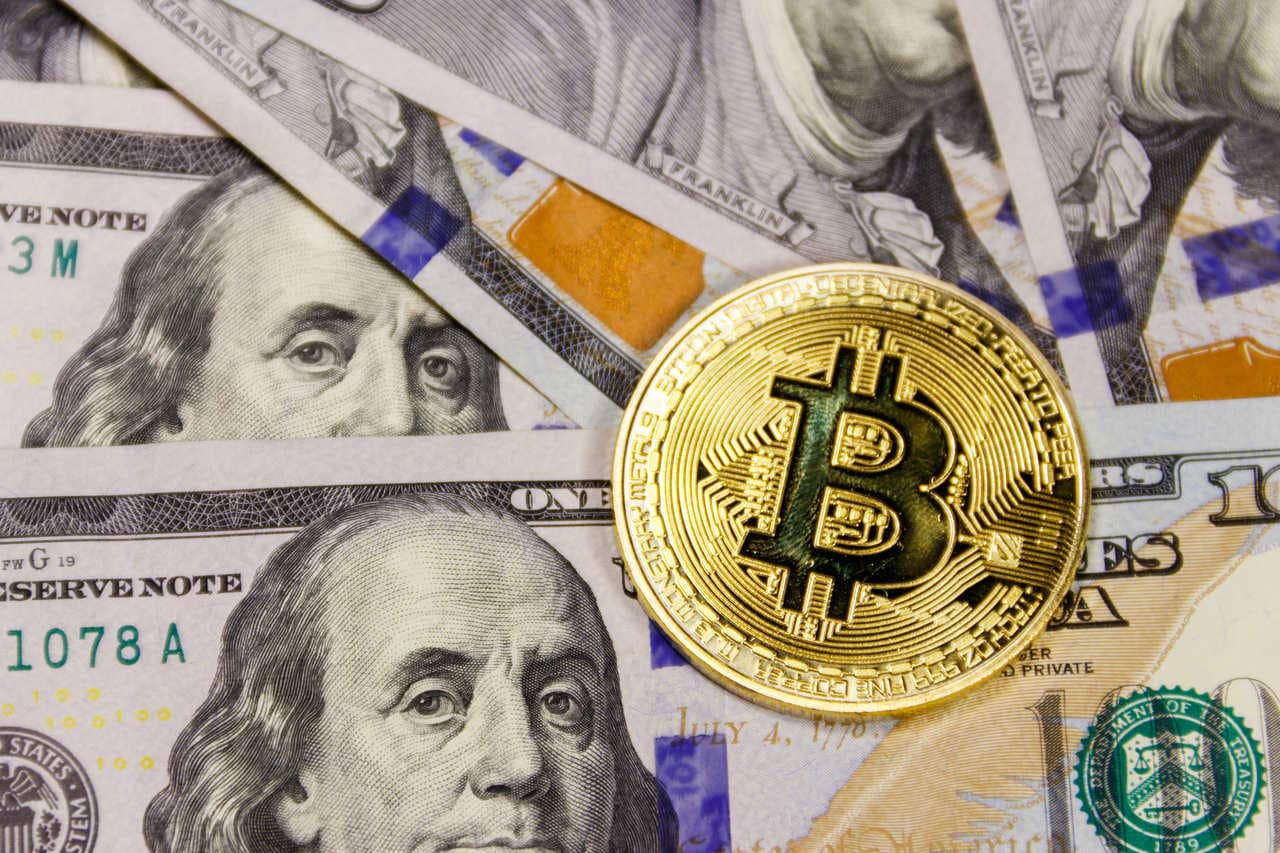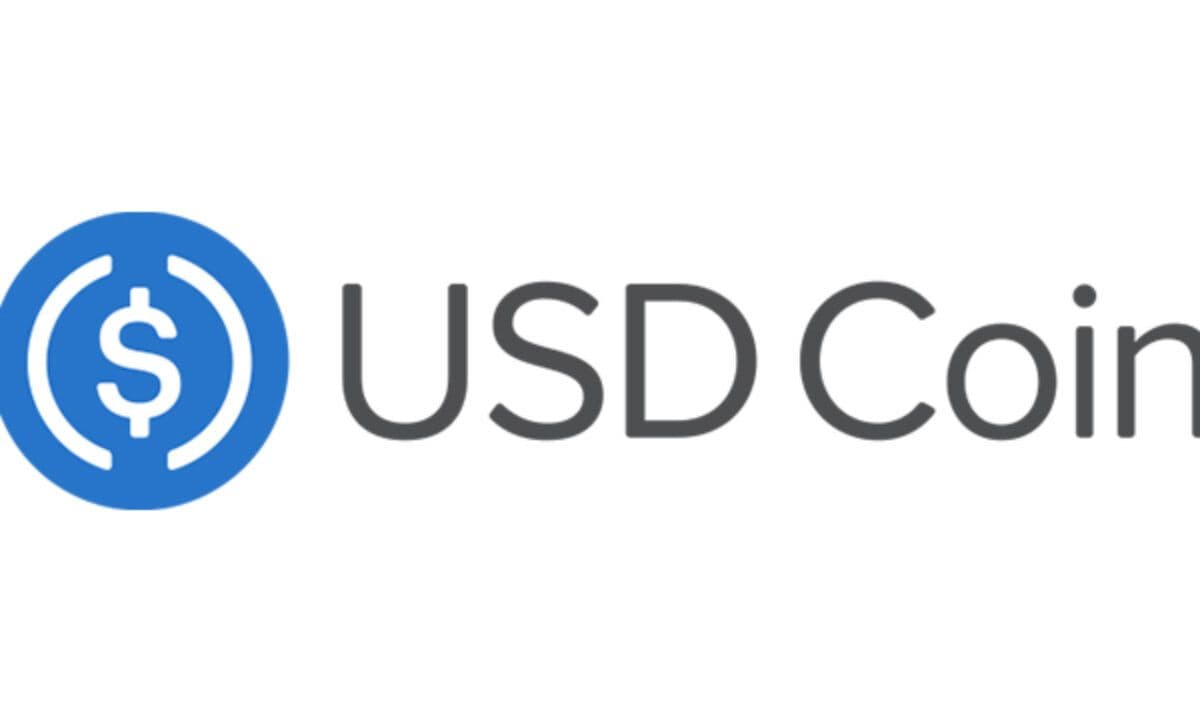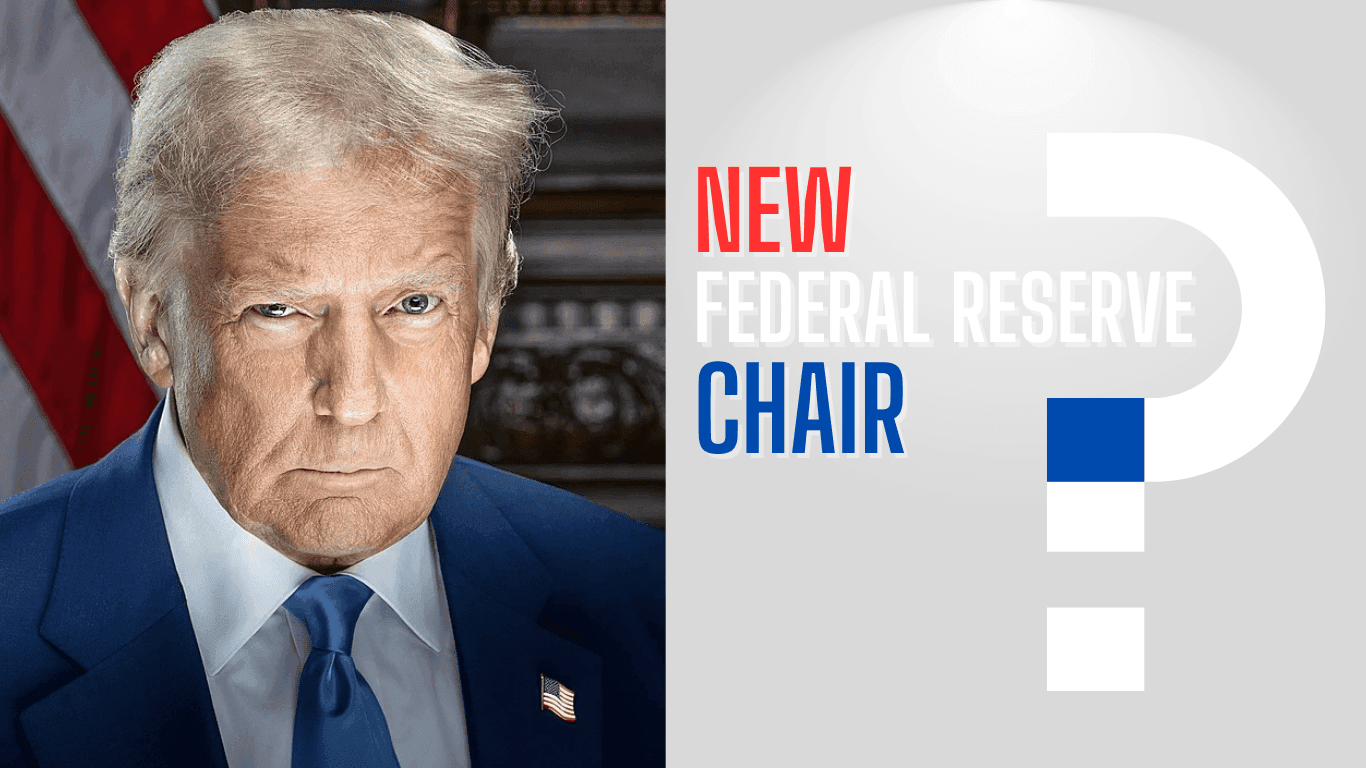Replace Cash With Digital Currency, says Kenyan Blockchain Task Force
The chairman of the Distributed Ledgers and Artificial Intelligence taskforce, Bitange Ndemo advised the Kenyan government to tokenize its economy.

The chairman of the Distributed Ledgers and Artificial Intelligence taskforce, Bitange Ndemo advised the Kenyan government to tokenize its economy during a meeting between the Kenyan ICT ministry stakeholders and members of the private sector.
Ndemo believes this move can help the government deal with the increasing issues of corruption and uncertainty as he noted that the East African country needs a digital currency that would stand side-by-side with fiat.
Kenya’s Struggles with Corruption
Kenya has been plagued by a long list of corruption scandals. The country is perceived as one of the world’s most corrupt, being ranked 143 out of 180 countries on Transparency International’s 2017 corruption perception index. The only African countries that scored worse – among them Somalia, South Sudan, Libya, Eritrea, Burundi, and Zimbabwe – were either politically unstable or in conflict.
The lack of public accountability, centralized power, and the absence of strong state agencies have also strengthened officials’ seemingly insatiable appetite for graft. Corruption compromises people’s futures and their development. It also costs a fortune. Rampant corruption will drain any economy of the resources needed for projects involving processes like infrastructure development.
“We must begin to tokenize the economy by giving incentives to young people to do things which they are paid through tokens that can be converted to Fiat currency,” Ndemo said.
A New Dawn
The attractiveness of blockchain as a distribution method has been well documented, with the immutability of recording transactions and the relative anonymity of the parties as big selling points.
Blockchain and cryptocurrency has fared comparatively well in Kenya and the country is in fact one of Africa’s leading countries in this innovative field. Kenya is also the source of some of this region’s largest blockchain remittances originated from Kenya. The East African nation is notable for the friendly environment that it provides for not just blockchain, but technological innovations in general.
The numerous discussions held by the legislation on blockchain and cryptocurrency related programs show the interest that the Kenyan government have in blockchain technology. The government’s effort towards finding proper regulatory frameworks for the technology over time cements this observation. The country’s electoral commision even proposed adopting blockchain technology in voting processes in August of 2017.
According to Ndemo, the proposed tokens are like bonga points given by mobile operators or loyalty points given at the supermarkets which can be converted to coins and used to buy goods by the consumers.
Pushing Forward
The Distributed Ledgers and Artificial Intelligence task force was inaugurated in March to work on a comprehensive strategy to encourage and adopt emerging technologies such as Blockchain and artificial intelligence (AI). The institution has earlier recommended a Central Bank Digital Currency to operate in fixed nominal terms and as a valid legal tender. This novel idea has been sidelined for the time being.
An increased level of awareness about tokens and how to use them is necessary before any major steps can be taken noted ICT’s Jerome Ochieng. Public enlightenment in this area is a cruacial factor that must be looked into before moving forward. “We are not very enthusiastic at the moment, of course, it will come, but we first want people to understand use of tokens”, says Ochieng.
Ndemo’s task force is researching on implementable use cases of blockchain technology within the Kenyan technological and economic environment further enhance the country’s reputation of being a nation that appreciates and supports innovation.
A Helping Hand
Bruno Wu, Chinese billionaire and co-CEO of technology company Ideanomics believes the blockchain is the key to helping African countries trade their minerals and natural resources efficiently and profitably. Wu voiced his opinion while speaking to entrepreneurs and investors at the Africa House Collective event, held in New York recently.
Digitizing asset production and distribution would let the continent leapfrog into the lead in the commodities market, same way it leads the mobile money market. He noted that “Having a better tomorrow for Africa is about having a more transparent future. And blockchain can help there.”
Wu disclosed that his company is currently looking into the African market, studying the economy and is open to partnering with countries such as Nigeria and Kenya. He believes the continent can save millions of dollars earned from the sale of commodities, which is often lost to corruption and money laundering by adopting the blockchain technology.
Even though Africa has not come as close to embracing blockchain technology as Asia, Europe or North American, blockchain communities in South Africa, Sudan, Nigeria, Kenya, as well as other countries are steadily growing and promise a greater future for the continent.
Follow us on Twitter, Facebook, Steemit, and join our Telegram channel for the latest blockchain and cryptocurrency news
























































